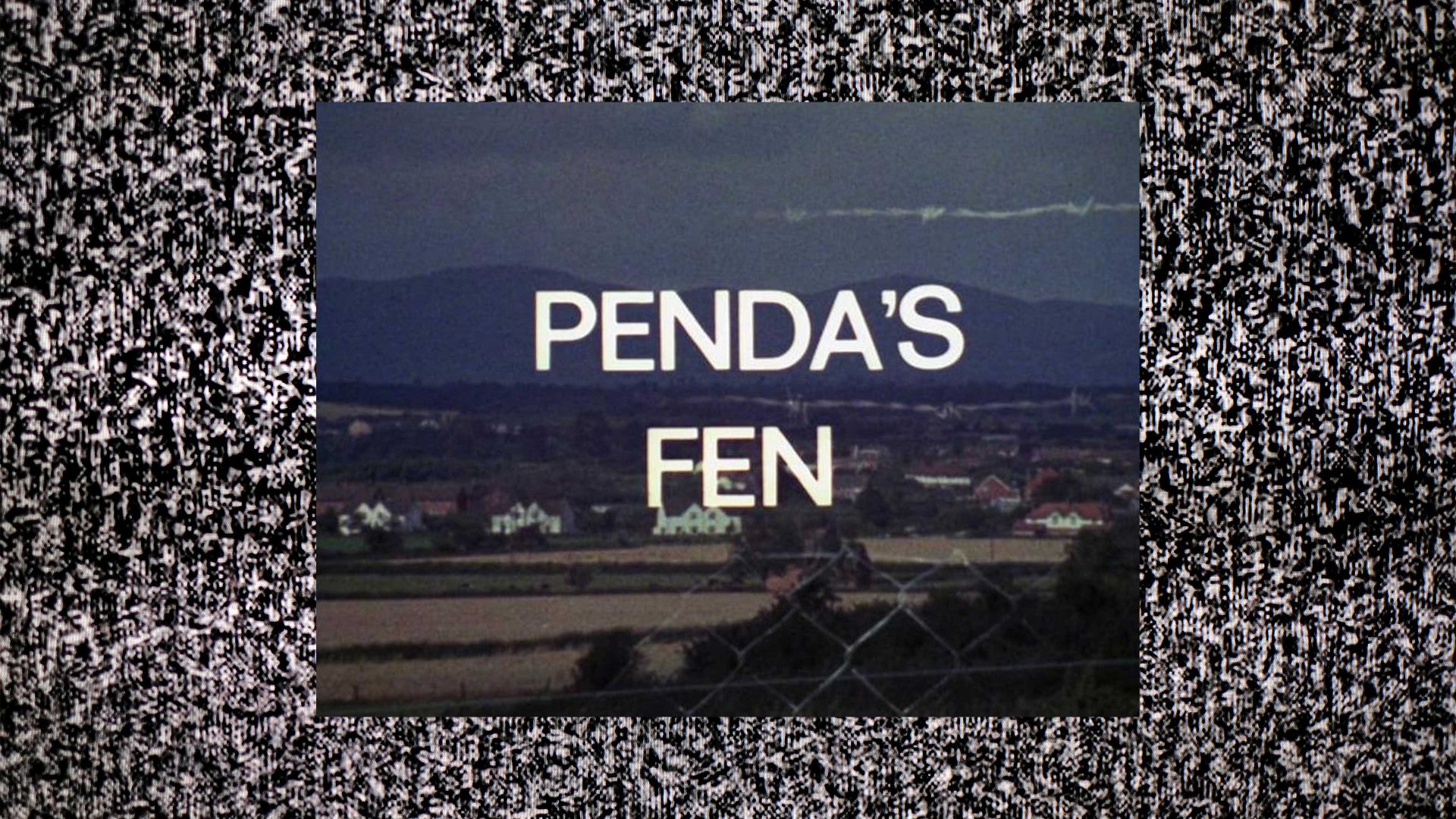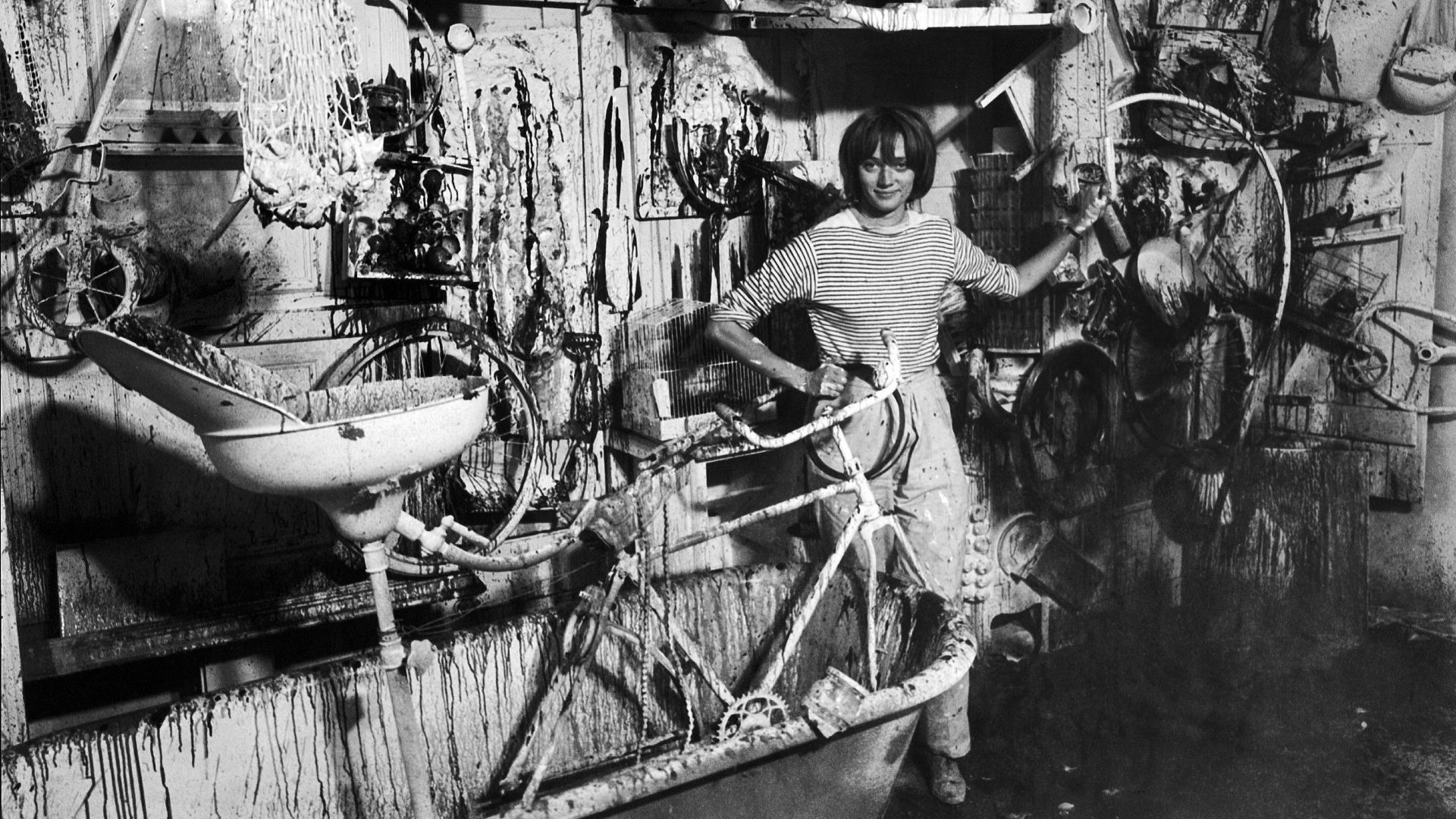The youngest got me to watch Penda’s Fen this week. I’d never seen it before, and was moved by this extraordinarily nuanced, poetic account of a teenage boy in rural England coming to terms with his homosexuality in the early 1970s.
The film, made for television by the maverick director Alan Clarke, weaves together the sort of English pagan pantheism that infuses the poetical works of William Blake, John Clare, Gerard Manley Hopkins et al, and even informed the later composition of Edward Elgar, whose Dream of Gerontius is its soundtrack. While the Malvern hills, where Elgar spent his childhood, and which informed his own sense of deep Englishness, are the film’s setting.
Regular readers of this column can be forgiven for having formed the impression that I don’t much care for English culture – not so: it’s the English I can’t abide, their culture is magnificent. Or perhaps that should be: was.
The youngest was taken by how Penda’s Fen was not only taboo-busting, but also unashamedly assumed its audience would be interested in paganism, Elgar, the imposition of new and harmful technologies on rural England (a major theme of the film), and, of course, the aforementioned contested sexuality.
And I said, yes: at least at the level of popular culture, this has become a stupider and more puritanical society in my lifetime – back then, there were of course very restricted platforms for filmed drama to be presented to the populace; the three broadcast channels all had regular teleplays, and they were graded by brow, much as you’d expect. This meant anyone who wanted to write drama seriously was drawn into television, with the result that some of the best English directors and writers were working in the medium at this time.
As for taboos and busting them: I’m sorry – we need some taboos, or else they can’t be busted. Moreover, the restricted nature of mass media at this time, with few broadcasters and many receivers, meant that taboos could
be busted in plain view of everyone, so that social mores could indeed change. Now the only taboo busting is going on in privacy, with a box of tissues and a mobile phone.
Writers like Alan Bleasdale, Dennis Potter, and Roy Minton, who wrote the script for Scum, which Alan Clarke also made for the BBC’s Play for Today strand, but withdrew from broadcast because of concerns about the violence
being depicted in this portrayal of life inside a young offenders’ prison. Two years later, Minton and Clarke remade it as a feature film, thereby introducing a juvenile Ray Winstone to the world, sneering the Borstal boy boss’s memorable line: “I’m the daddy now, next time I’ll fucking kill you!”
In the 1980s, Film4 took up the challenge of investing in homegrown talent – and gave Clarke the funding to make Rita, Sue and Bob Too (1987); an unashamed and visceral portrayal of two 15-year-old schoolgirls from a rundown Bradford housing estate forming a throuple with an upwardly mobile married man, whom, by way of contrast, is a shit daddy. To say this is a film that would have difficulty attracting finance nowadays is indeed an understatement.
Written by Andrea Dunbar, who adapted two of her successful stage plays into a screenplay, the film can be parsed as a celebration of working-class feminine emancipation, or a grim dithyramb on the multi-generational pile-up of mental illness created by the loss of millions of jobs in this country, in a few short years.
Dunbar lived the life she portrayed – and died at 29, leaving behind unhappy progeny of her own, some of whom, in turn, died of the same malady: alcoholism.
Clarke, often photographed with a cigarette in his mouth, died of lung cancer at 54. But before he went, he directed a series of other films for television that limned the grievous state England was increasingly in, including his extraordinary Road, which used a cast of actual residents
on rundown estates to describe this tragic parabola. Clarke’s Elephant, a 30-minute film about the sectarian war in Northern Ireland, says more about the aetiology and practice of violence than the entire output of Netflix ever
can or ever will.
Watch it – and marvel how the softly optimistic tone of Penda’s Fen, which sees a possible resolution to the problem of Englishness, has, in the 15 peak years of the director’s career, curdled into the terminally sour depiction of its
colonialist war. One that, unlike the careers of Clarke and Dunbar, may well yet be revived.



